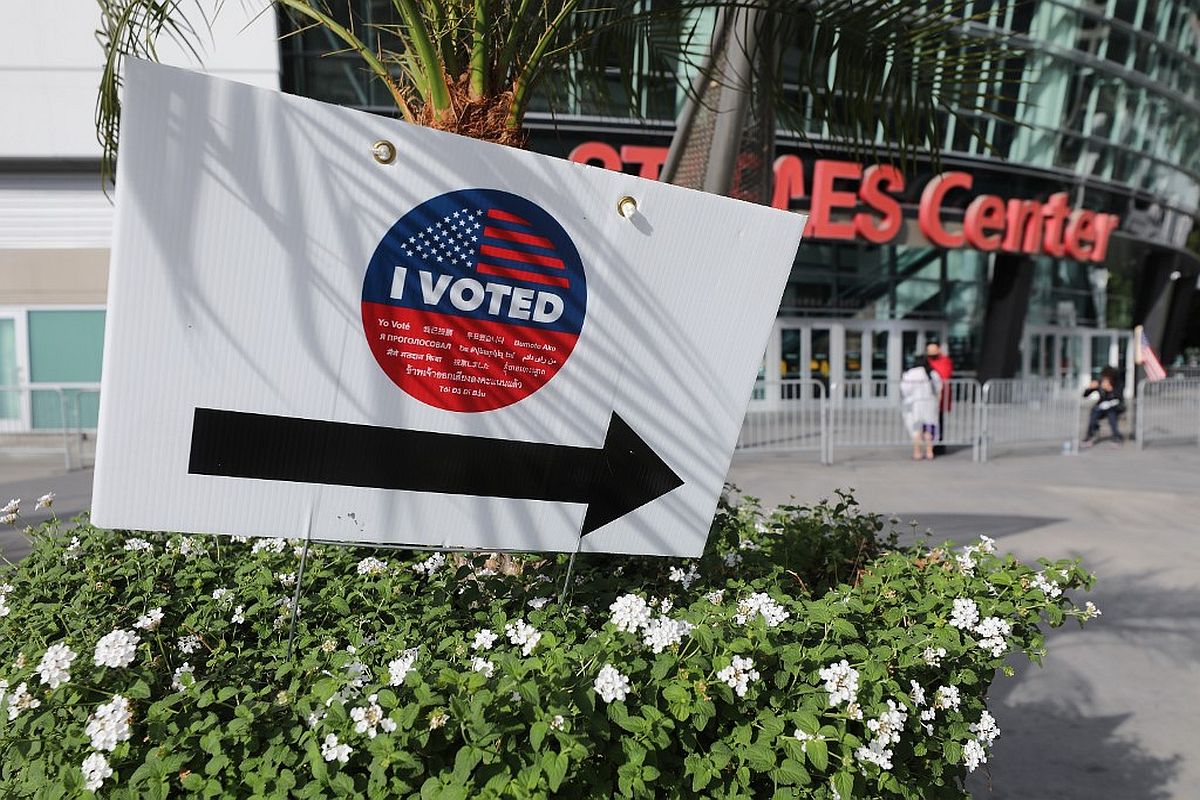It’s pretty much axiomatic in any democratic society that voting is important, maybe even a civic duty. But how often do people look deeply—or at all—into their own mental process behind their choice? This is election year. So, questions about elections are on our minds. As I was reflecting on this issue, I remembered a discussion I had recently with a colleague. I agreed that it was important to keep going back to the basics, the first principles, the foundational questions on every topic. Otherwise, one might get tangled in a lot of complex analyses that might seem deep and important, but are actually completely beside the point.
One such foundational question, on the topic of elections, is “how do people decide whom to vote for?”
Advertisement
Do people really have “reasons” to vote for one candidate versus another? That is, do they have reasons beyond just “this is the party I’ve always voted for, and now it’s just a habit”? Even so, there must have been an initial reason for choosing the party. What was that? I know, for a lot of people it is generational. They vote the same way as their parents. The parents may have lived in revolutionary times and made revolutionary choices, but since then, the progeny have simply followed suit. In any case, it does seem that people at least imagine themselves as having thoughtful reasons for making a “choice” at the polls. But what are their reasons and how do they arrive at a choice?
First, what are the conscious factors in the choice? What are they looking for from their politicians? Some examples (at times overlapping):
- Is it primarily economics and quality of life? Are they hoping for policies that create well-paying jobs or business opportunities (large and small)? Do they want lower taxes or do they want more benefits for their tax money, whatever those benefits might be?
- Is there a social and/or cultural dimension to voting choice? Are voters looking for “leadership” to define the culture of their nation, their state, their city? For example, are they looking for politicians to take the lead on women’s rights, LGBTQ rights, or promoting national unity? Do they vote based on identity politics? Do they want the government to actively support the arts, athletics or other areas of civic life?
- Do they want the government to focus on public security—as in effective policing or the military?
- Do they want the government to invest in science and technology? Rural and urban development?
- If religion is a factor in their thinking, what are they hoping for? Do they want policies that support a secular civil society or a pluralist, multi faith society of many religions, or perhaps the elevation of one or more religions that they claim as the “authentic” religion of their region?
- Are there bigger, global and epochal issues that people think about when they vote? Are they looking to the government to protect the environment or defend against the next pandemic? Do they care what positions their politicians take in international relations—diplomacy, security, trade, etc.?
Second, what exactly is it that they think the government can or should do about any of the above issues?
Third, how do they decide which politicians seem likely to deliver the results (or reflect the values) that they have identified as important?
- Did they hear a speech they like? If so, what did they like about it?
- Is it simply party affiliation, as in, “this is the party I have generally been happy with and now it’s just a habit?”
- Is anti-incumbency a factor? That is, people are generally unhappy with a number of things so they vote for change, hoping to shake loose whatever might be causing the stagnation?
- Do they vote for the person or party that seems to have delivered on promises the last time they were in power?
- Do they vote for the person or party they think has the pragmatism and political savvy to build coalitions and be responsive to different factions and various needs as they arise (rather than any specific thing the person or party may or not do)?
Of course, these are just a few of the possibilities. There is a universe of conscious and unconscious reasons for the choices people make. But it’s worth trying to become more conscious of it.
The author is a lawyer, writer and editor based in Manhattan, New York.











